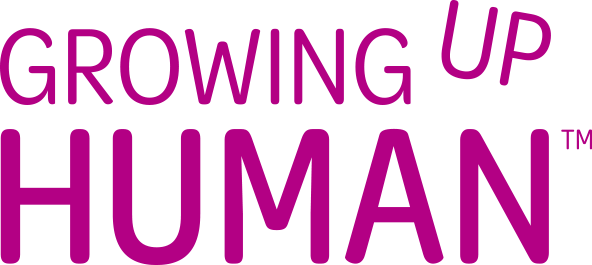Fetal Growth
Humans begin life as a single cell and grow in size and complexity into a functional body over the course of nine months. Details of this one-cell-to-full body journey are limited by the challenge of recording daily details of the fetus in the womb noninvasively. In collaboration with colleagues from clinical obstetrics and gynecology, Dr. Lampl studies fetal growth from ultrasound images. The challenge for the developing fetus is to garner both the architectural elements and energy resources to build the new body. A key challenge is that by the time of birth, some organs have completed their development and rely on healthy prenatal growth for their function across a lifetime (e.g., the kidneys and heart), while others remain to be established (aspects of the immune system).
A hallmark of fetal growth is individual variability in both when and by how much different body segments increase in size. Girls and boys do this differently, as do different populations.
The emerging science of developmental origins of health documents the importance of initial body construction quality to the onset and emergence of chronic diseases with age. Thus, increasing knowledge of fetal growth biology is fundamental to improving health across the lifespan, from early development to healthy aging.

